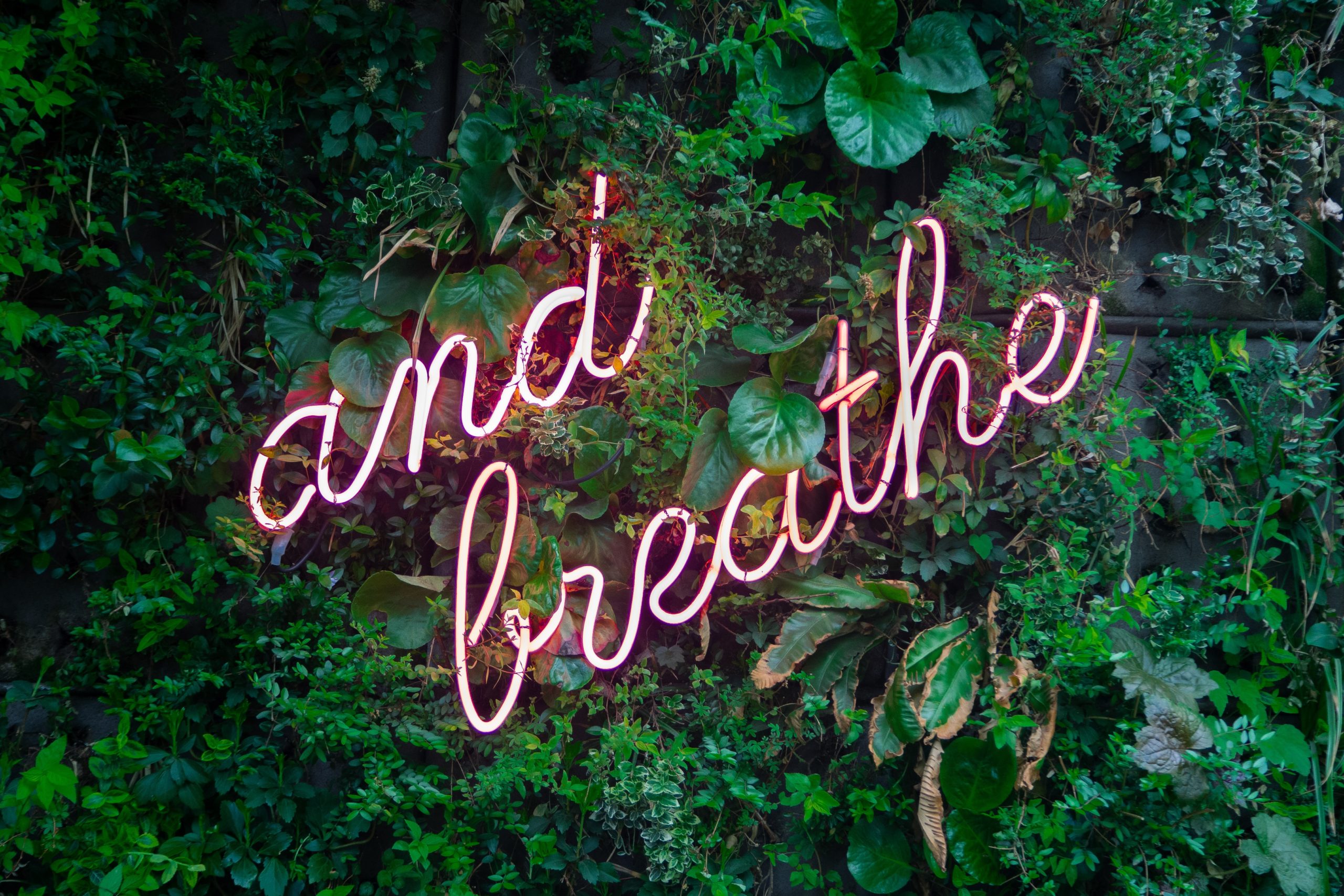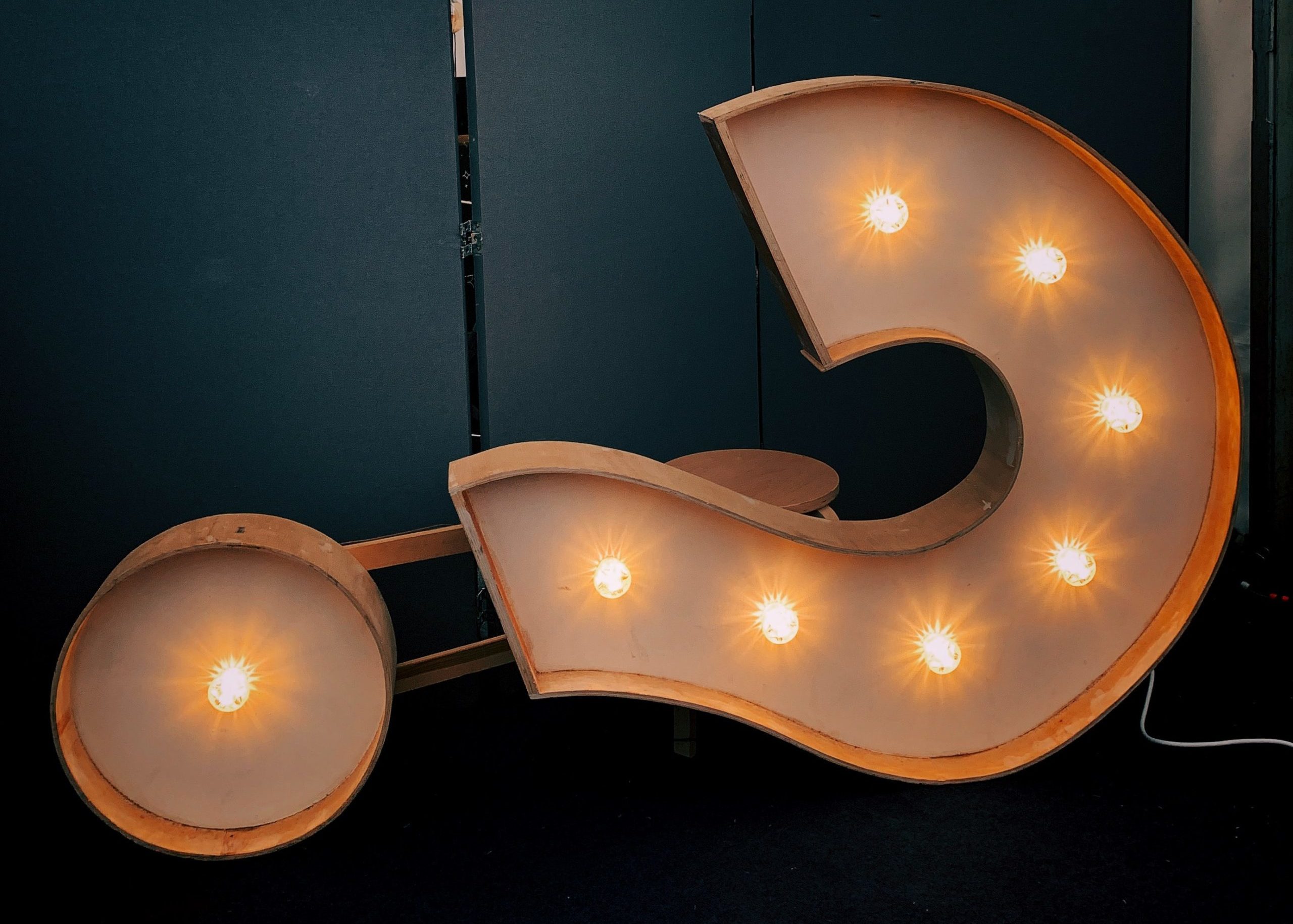Company research is so important, especially when it comes to an interview. If you have done your research, you should be able to demonstrate your knowledge during the interview and impress your prospective employer.
Start by searching the employer and checking out their website, social media profiles and reviews online. You want to create a solid picture of the company’s culture, goals and what it stands for. Not only is this to prove to the employer that you are serious about joining the company, but also to help you prepare questions you might want to ask in the interview.
Along with researching the company, it is useful to research your interviewer(s) if you are provided with their names. LinkedIn is a great place to start. Type in their name(s), have a look into their background and how their role plays a part in the overall business. Find common interests, and subtly mention these during your interview as this will help build rapport with your interviewer.
Tailoring your CV is fundamental if you want to stand out when applying for a role. Not only does it show you are interested in the specific job, but it also enables you to demonstrate your transferable skills and experience in a way that proves your suitability to the role. Tailoring your CV gives you another opportunity to impress the interviewers. Interviewers will use your CV to give them a steer on what questions to ask you during the interview, a tailored CV will mean they’re focusing on the right aspects of your experience. Things to consider:
Research – use your knowledge of the company to tailor your CV to the company goals, culture, and values.
Use the Job Description – this helps to inform you of what to include in your CV. If they are looking for a “team player” make sure you include examples of this throughout your main duties and responsibilities.
Prioritise your skills – from your research you’ll have a better understanding of the employer’s needs, and from this you should know more about what they are looking for. You should order your skills in a way that highlights your suitability as these are what they will look at first to see whether you are the right fit for the job!

So, you know it’s important to make a good first impression at a job interview and your choice of interview attire plays a part in this, but it can be stressful trying to find an appropriate outfit. When in doubt, dress up a little! Dress codes can vary from each individual company, but it is always better to be overdressed than underdressed. Wear something comfortable that you feel relaxed in, and don’t leave it till the last minute to plan your outfit otherwise you might realise you don’t have a suitable shirt or blouse. This is still just as important on a virtual interview!
In addition to getting your interview attire ready, gather what you need to bring with you. I recommend taking a bag with the following items in and avoid bringing any unnecessary items, so they are easy to grab and take out.
Correct interview location/directions
Contact name for who you are meeting with
Notepad and pen
3 or 4 copies of your CV printed out – one for you and one each for your interviewers
Laptop or tablet (depending on the job)
If you’re interviewing virtually, have all the technology set and ready in advance. Like I mentioned before, make sure you do a trial run to be sure everything is working properly, and you’re comfortable with it. Try to be in a relaxed and calm environment, make others in your household aware of your interview ahead of time so they can’t distract you along with any pets too. Having a plain, simple background with natural lighting will ensure the interviewer has all their focus on you.

During the interview, try to relax and stay as calm as possible. Remember that your body language says as much about you as your answers to the questions. Proper preparation will allow you to exude confidence:
As you answer questions, maintain eye contact with the interviewer as much as possible
Pay attention to the question so that you don’t forget it, and listen to the entire question before you answer, so you know exactly what the interviewer is asking.
Avoid cutting off the interviewer at all costs, especially when they are asking questions.
If you need to take a moment to think about your answer, that’s totally fine, and is a better option than starting out with multiple “ums” or “uhs.”
Once you have an interview date scheduled, it is good practice to prepare for possible questions you may be asked. It’s all good and well claiming that you’re ‘a good leader’ or ‘a team player’, but if you don’t have an example to support this, how will you prove this? A great technique we like to use is the STAR method.
Situation: Give some context to the story you’re about to tell, outline where you were and why you were there.
Task: Describe what you were doing and if you faced any challenges whilst doing it.
Action: Then explain the actions you took to complete the task and how you tackled any challenges you faced.
Results: Finally, reveal the outcome, this should demonstrate your skills, what you achieved and also anything you learnt from the situation.
Keep this method in mind and come up with a few examples you can use in the interview. If you’ve done your research, you should be able to tailor these examples more specifically to the role you’re applying for and demonstrate your transferable skills. Remember to keep these concise as adding too much other information can overcomplicate your answer and take away from the point you are trying to make.
Now, you have all the information you need on how to answer interview questions, it’s time to practice! Ask a member of your family or a friend to spend an hour or so asking you questions on the company, the job description, and your skills. Suggest to them going online and to search different competency questions to ask you, this is your chance to practice the STAR method so you can find your own technique and flow to make it as natural as possible. Remember to remind yourself of the question being asked after providing your answer, just to check that you have answered it!

An interview is a two-way conversation, it’s not just a chance for the interviewer to get to know you, but a chance for you to get to know the interviewer and the business. From your prior research into the business and the interviewers you should have some questions prepared on things you might want to know in a bit more detail. For example, what are the development opportunities? Or what is the culture of the business? It’s a great way to show your enthusiasm and a chance to learn from people currently working in the business.
Preparation is a great key to success but being over-prepared can have its negatives. The aim of the interview is to showcase your personality, experience, and skillset, but this can be blind sighted if you sound too scripted and ridged. Employers look for personality, so try not to lose this when providing examples and building rapport with the interviewer. Most importantly, relax, be yourself, and have fun!











